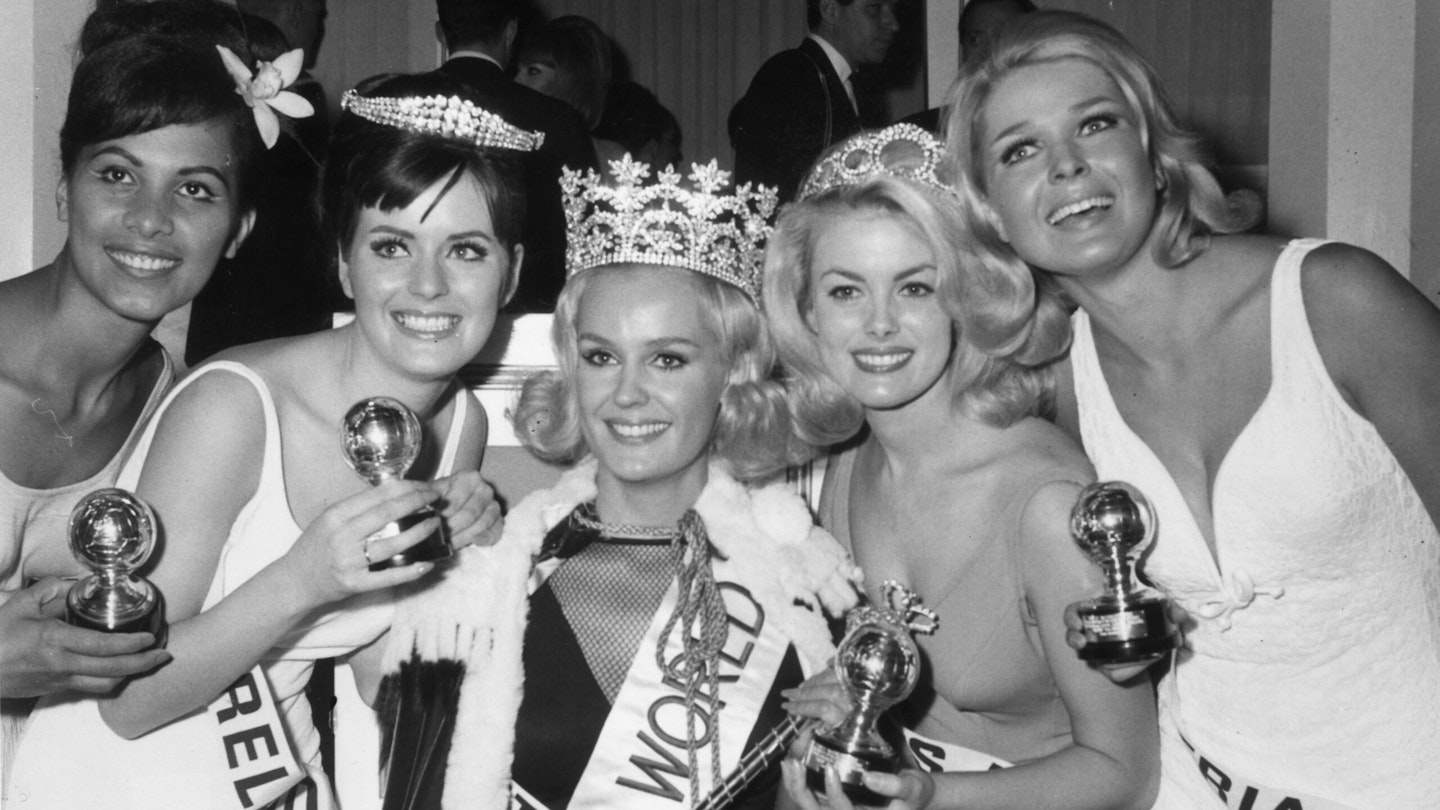‘The natural look’ has long been glorified – you know the one: dewy skin, soft, plump lips, shiny hair blowing artfully in the wind. Simultaneously, patriarchal beauty standards have always been unattainably high, and women have historically seen much of our value hinge on how we look. So, we’ve found ourselves in quite the predicament.
Take beauty pageants, for example. Going mainstream in the early 20th century to rate women on their beauty, pageants like the Miss England competition have undergone quite the marketing rebrand in more recent years, but the central premise remains the same. Women might now be judged on the charitable causes they support and their conversational prowess, but they’re still judged - and the way they look remains no small part of that. A quick scan of the official Miss England 2022 finalists' webpage shows reams and reams of thin, mostly white, young women, none over the age of 27.
And one finalist in particular is making headlines today as the first entrant in the show’s 94-year-history to enter the final without wearing any make-up. Twenty-year-old politics student Melisa Raouf has made a statement by forgoing the MUA-standard contouring and lash extensions and making her play for the coveted Miss England title on just the merits of her bare face, after winning the ‘bare faced model’ category.
The category was introduced in 2019, after judges were reportedly ‘shocked at the amount of make-up and filler contestants had’. Melisa won the round, and will now be the first woman to take to the stage in the final round without make-up.
‘It was quite a daunting experience but so amazing to win this way,’ she said. ‘It means a lot to me as I feel many girls of different ages wear make-up because they feel pressured to do so.
‘Our flaws make us who we are and that’s what makes every individual unique.’
Is it ever quite so simple, however...
Ask any woman who’s had lash extensions or filler and they will tell you that part of the appeal is the prospect of having long lashes and plump lips without the need to apply mascara and lipstick each morning. It’s an attempt to enhance the ‘natural beauty’ that is placed on such a high pedestal.
In much the same way that men say they like ‘curvy women’ - when ‘curvy’ is big boobs and bums with flat stomachs - revering the 'natural' look and demonising women who choose to achieve it through artificial means – whether that be make-up, non-invasive tweakments or even going under the surgeon's knife – is just another way that women are held to impossible standards.
Because the bare face is question is not always young, spot and line-free and sparkly eyed, like all the women in the competition. In real life, going make-up free is often more under-eye-bag-and-knotty-hair chic. The current no-make-up-make-up look (think: brown mascara, cream blush, Vaseline-y eyelids) is popular precisely because it gets us closer to that ‘natural’ ideal.
‘With mental health being such a big topic, I want to make all girls feel good. I just want to remove all the beauty standards,’ continued Melisa. ‘I feel like all girls are beautiful in their own way. I feel like I’ve done it for all girls.
‘I would love to use my Miss England platform to empower natural beauty and eliminate this toxic mindset.’
While her heart is undoubtedly in the right place, and it's great to be broadening the beauty standard, that beauty standard still exists - and is arguably even harder (but no less important) to maintain if it has to be 'natural'. She's totally right in that women shouldn't have to feel like they must wear make-up, whether they're on a pageant stage, at work, down the pub or just chilling out at home - but if we want to? That's our prerogative, too.
